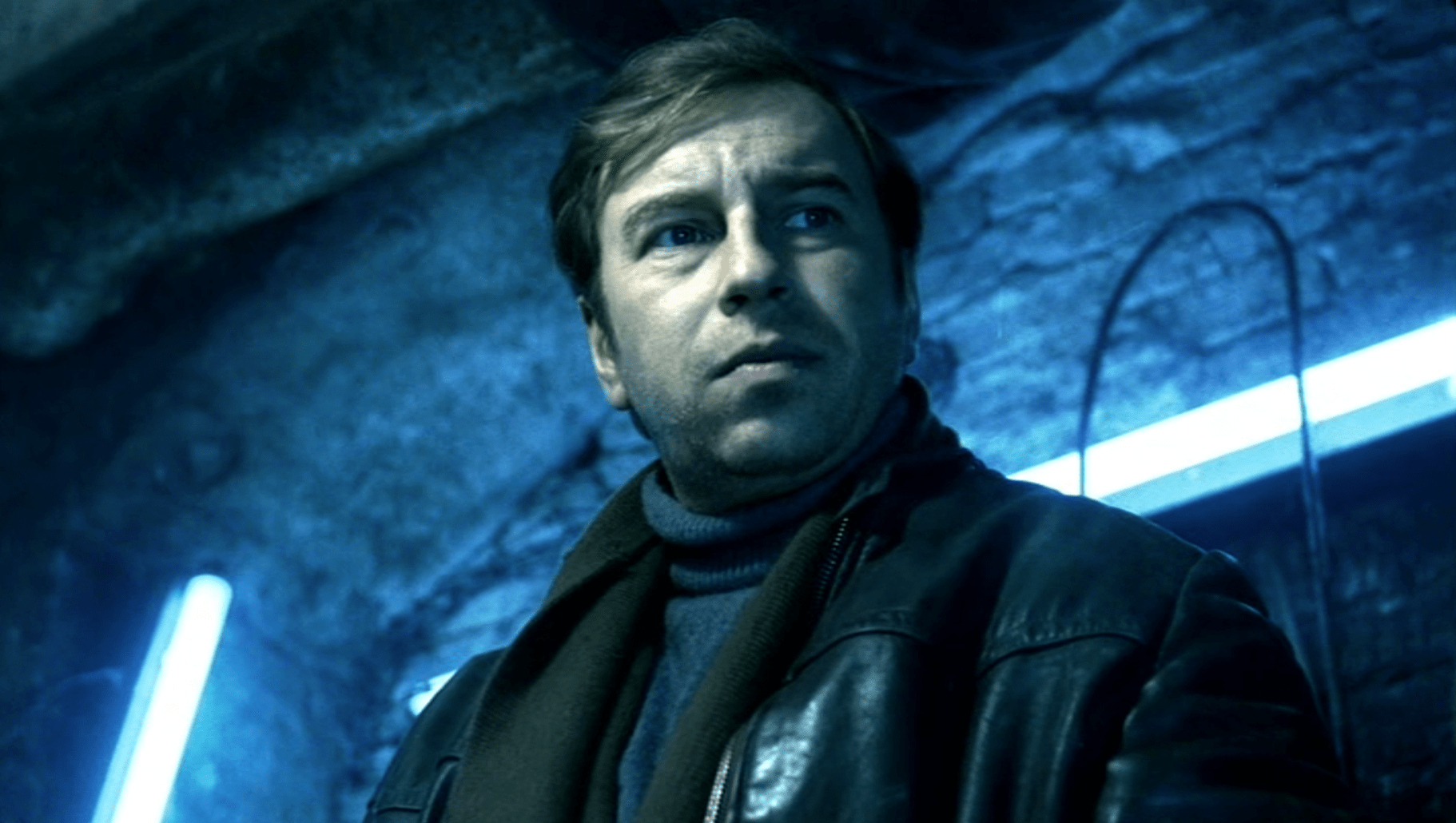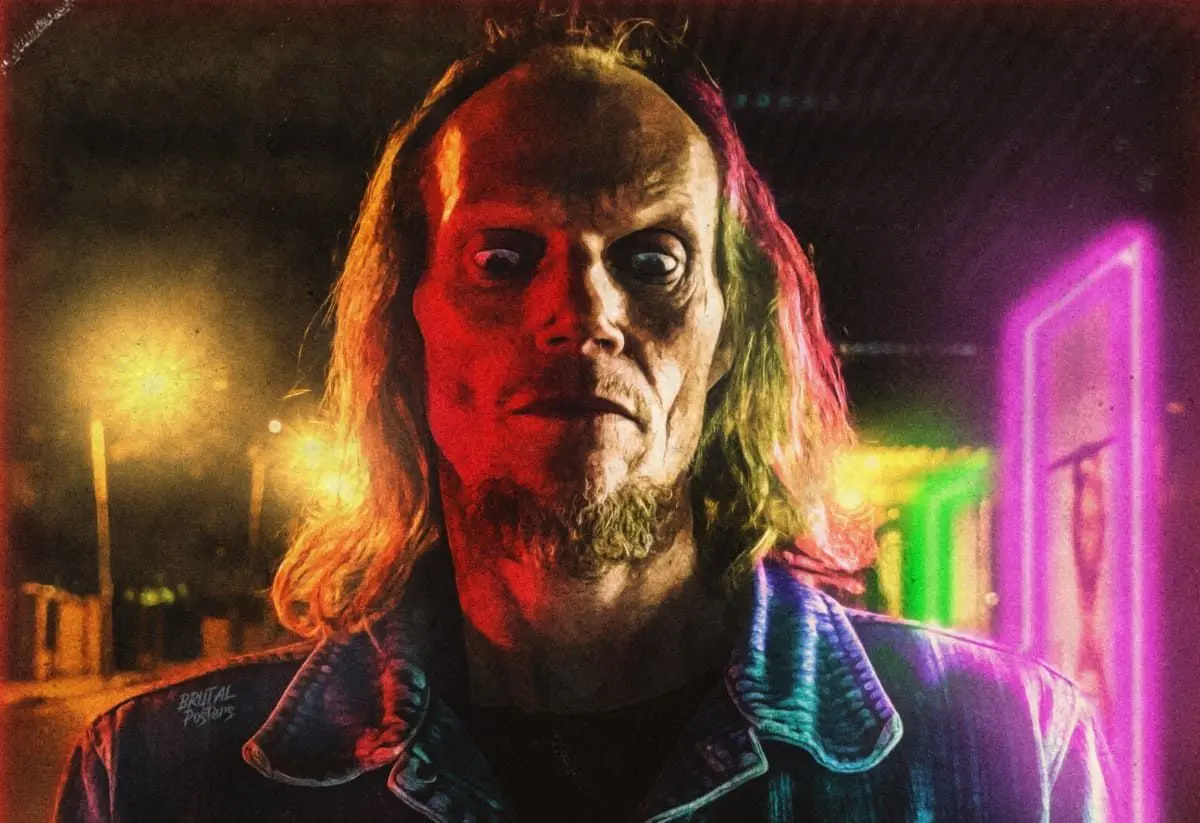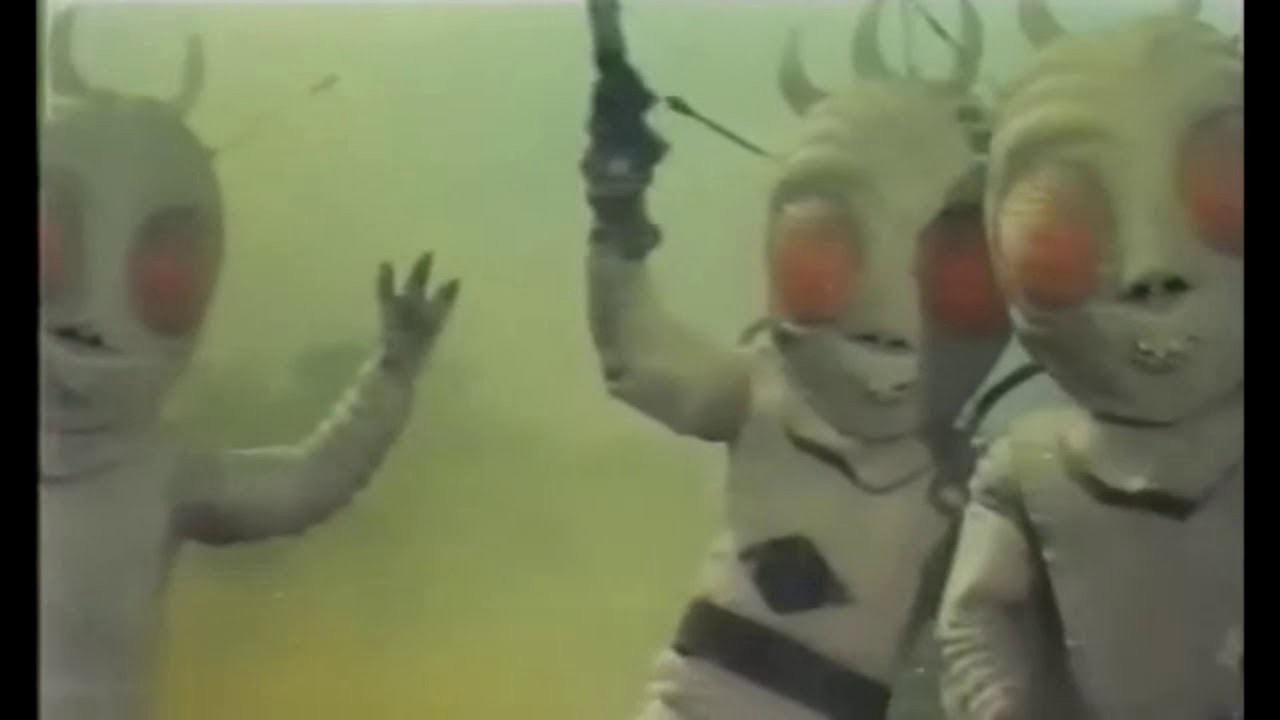
The film Of Things Supernatural is an anthology based on three stories written by Karel Capek. Capek was a prominent writer during the turn of the century and was known for his science fiction stories and his political activism against both communism and fascism.
Each of the three stories was directed by a different Czech director. The film was released in 1959.
A Halo - Directed by Jirí Krejcík
The first story is like a parable. It has a simple premise and a short, tight plot. It is easy to summarize and knowing the ending will not spoil it. It serves as more of a mental exercise than a narrative. It concerns an ordinary 9-to-5 banker named Knotek. Knotek does a good deed by accepting the blame for a mistake made by a colleague at work. As a result, he is summarily fired and sent home in disgrace.
Later that night, a halo appears over his head. He does not notice it, but as soon as he goes out into the street, it causes a disturbance. People stare, and scream, and drop things, until poor Knotek is finally arrested. When confronted with a mirror that the police provide, Knotek is as mystified by the halo as everyone else. He is taken to jail, but they don’t know what to do with him, so he is released and sent to a doctor, who then sends him to an asylum to be studied. The doctors can’t find anything wrong with him and so release him.
Chaos continues to dog him wherever he goes, including a church where he is run out by the priest. Eventually, he comes to the desperate decision to tell his boss at the bank the truth about who made the mistake. As he had hoped, as soon as he snitches, the halo does indeed disappear. Relieved, Knotek sits back down at his desk and resumes his job.
The story sounds like an example a philosopher would set up to make a point. Someone like Kierkegaard or maybe a Rabbi. The question is what kind of lesson or moral it is illustrating. Is it that the edict to always tell the truth supersedes the concern for what may result? Is it that morality itself is absurd? Is it that religion is absurd?
The story points out that if the world of religion were true, it would cause a lot of problems. What if morality was as simple as the childish binary of good and evil? What if people could actually be sorted into two groups and treated accordingly?

Jirí Krejcík, the director, presents the story without simplifying the open-ended and complex message. We are left to wrestle with what it means. Society simply cannot handle its beliefs manifesting as concrete truths. The best the police can do is ask if Knotek has a permit for the “light source” that is his halo.
It feels like Frank Capra and Woody Allen got together to loosen all the screws of society’s morals and sat back to watch it wobble. Knotek is not as sweet as George Bailey in It’s a Wonderful Life, but he is beset in a similar way and must find a way to affirm himself. Capra underpins the sincere side of A Halo. Allen would add the modern anxiety and sense of both alienation and exposure. In the film New York Stories, Allen has his mother appear in the sky like an enormous Kaiju whose superpower is inflicting guilt and embarrassment.

For Knotek, it's not the morality of his situation that weighs on him, it is the attention. He doesn’t consider the meaning of the halo at all, only what people will say. In turn, the people who stop and stare are not interested in whether the man is a saint, only that he is deviating from the norm.
The Secret of a Handwriting - Directed by Jaroslav Mach
Unfortunately, the second story is not nearly as interesting. It concerns two suspicious husbands who fall prey to the dire predictions of fortune tellers. It’s a simple farce where suspicions concerning infidelity get out of hand and cause problems.

Whenever a European film takes on the subject of suspicion, there is a resonance concerning the aftermath of World War II. During the war, many of the occupied countries saw the rise of two opposing groups. There were those who collaborated with the Nazis and those who resisted them. After the war, there was widespread anxiety over who had been a member of which group. If The Secret of a Handwriting has any larger or metaphorical message, it would be about the corrosive nature of suspicion, and how some can profit from that suspicion while others fall prey to it. Mostly, it is a simple comedy about human folly.
A Legal Case - directed by Milos Makovec, written by Frantisek Daniel
The last story opens with a heavy-handed homage to Orson Welles’ noir style. Lots of long shadows, deep focus, dark overcoats, and fedoras. The style doesn’t seem that relevant to the narrative, but it is very well done. Perhaps Makovec wanted to outshine the other two directors and decided to get a little showy.

The story is a bit like Poe’s The Tell-Tale Heart, but with a good bit of absurd bureaucracy thrown in. A man named Jan accidentally skids his car straight into a funeral procession. No one is hurt, but the coffin falls off the cart and smashes open on the ground. To everyone’s amazement, the old man inside opens his eyes and sits up.

Everyone goes home happy until the next day when the bills come. The family spent their savings on the funeral which, aborted or not, still has to be paid for. Then, there is the second funeral that will no doubt have to be staged relatively soon considering the old man’s age, and on top of that, the old man’s pension has been stopped because the government has declared him dead.
The family writes Jan and demands payment for ruining the funeral and ruining what little life the old man has left. Jan does not comply, and soon the old man starts stalking him. Like the halo story, A Legal Case deals in satire. The point is not that the old man rose from the dead, it is the ridiculous situation it creates. The myopic government can’t handle anything out of the ordinary. The bereaved family seems less bereaved than money-hungry, and Jan is alternately punished and rewarded for the accident he caused.
A Halo is the most interesting of the three films. The direction and cinematography in all three films are equally skilled, even if the last one shows off a little more. Both A Halo and A Legal Case feel as though they come from the same hand. The Secret of a Handwriting less so.
I have seen this film categorized as a comedy, horror, and as a drama. Karel Capek was a science fiction writer and the science fiction genre seems most appropriate. It’s not a speculation about the future, it is more along the lines of The Twilight Zone, where situations are created in order to pose questions.
Capek’s world is one where practical aspects of society overshadow people’s ability to behave spontaneously. The earthly concerns of rent checks and bureaucratic forms leave no room for living life. In A Legal Case, an exasperated Jan yells at the old man who is following him, “This is the twentieth century, address your claims to the insurance company!” Capek paints a picture of a society losing its imagination under piles of pointless papers, something that can result from either communism or fascism.
Tomás Gutiérrez Alea’s 1966 comedy Death of a Bureaucrat would easily fit into this anthology. It too deals with the inability of the state to effectively interact with its citizens, or on a deeper level, the state’s inability to bring order to human existence. Bureaucracy is an attempt to codify and legislate life itself. In many ways, it is far more powerful and invasive than any government, law, or economic system. You can change governments, but the bureaucracy will remain. The humanist stories in Of Things Supernatural take our side in the hopeless struggle against those who diminish our lives in order to standardize and codify us.

If you enjoyed this article you might also enjoy - https://filmofileshideout.com/archives/nimrod-antals-kontroll-a-mythological-comedy-thriller/



